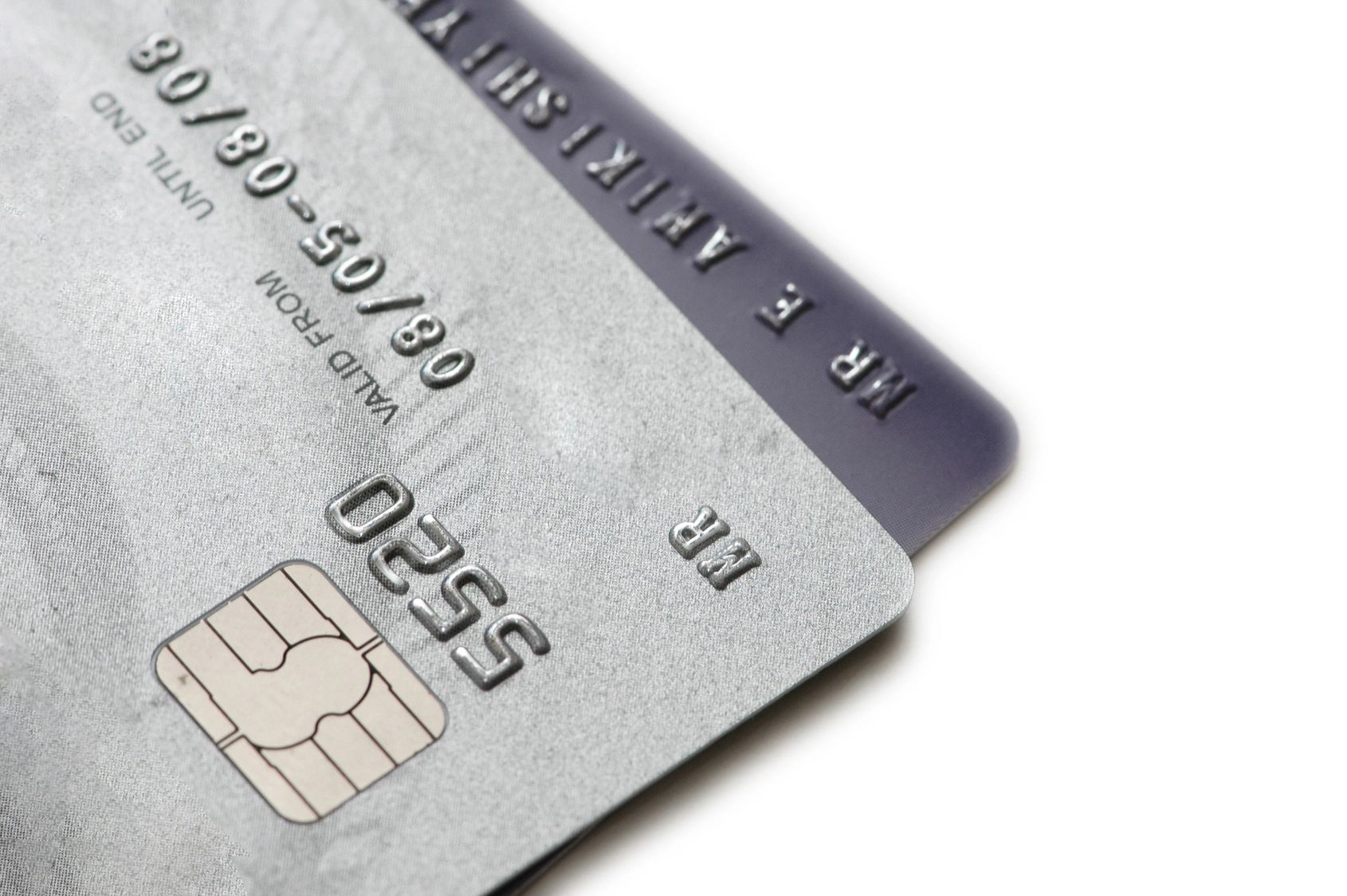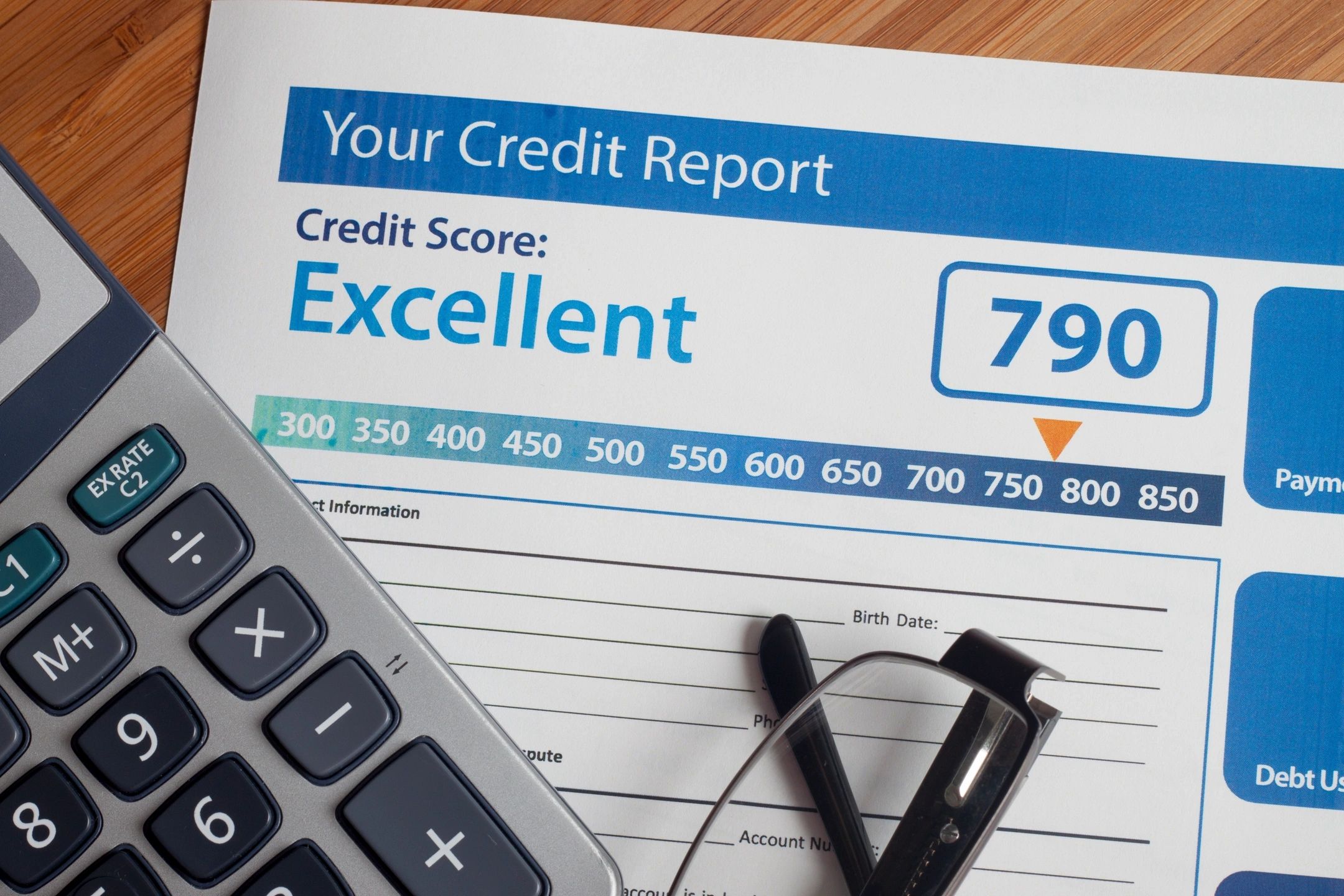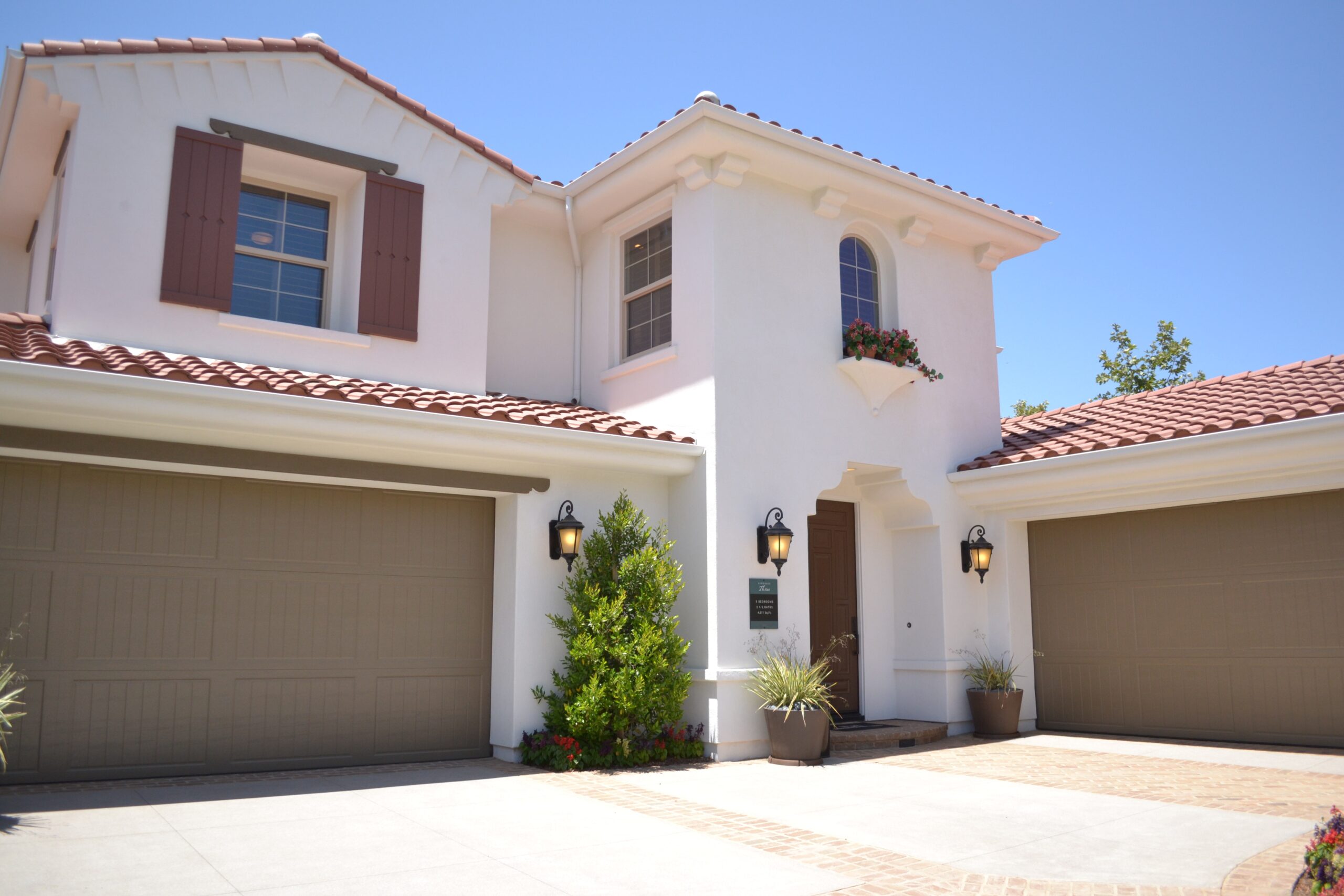Consolidate Debt and Improve Your Overall Cash Flow
The interest rate on credit card debt and installment loans is typically higher than the rate on a home loan. Consolidating all debt into one monthly payment simplifies your life by making it easier to manage your monthly bills, and in most cases significantly improves your monthly cash flow. A refinance will be considered a “cash out refinanace” even if you’re paying off a 2nd lien on your home (a HELOC or home equity loan), if that second loan was not originally used to purchase the property.
Let’s take a look at how a debt consolidation cash out refinance can help:
Current Financial Snapshot:
Mortgage Payment – $150,000 @ 6% = $899.33/month for 30 years
Installment Loan – $12,500 @ 9% = $259.48/month for 5 years
Credit Card #1 – $16,000 @ 9.24% = $290/month min. (no end in sight*)
Credit Card #2 –$6,500 @ 14.99% = $97.50/month min. (no end in sight*)
Credit Card #3 – $3,800 @ 22.99% = $57/month min. (no end in sight*)
*No end in sight – On many revolving accounts, making only the minimum payments will take upwards of 20 years to pay off the account in full, assuming you make no other charges.
TOTAL CURRENT MONTHLY DEBT EXPENSES: $1,660.31
New Home Loan:
Mortgage Payment – $200,000 @ 4.5% = $1,013.37
Installment Loan – PAID OFF
Credit Card #1 – PAID OFF
Credit Card #2 – PAID OFF
Credit Card #3 – PAID OFF
Closing Costs – $2500* (This is a low estimate without an impound account. Please ask for an estimate for your individual scenario.)
Cash to You at Closing – $8,700 (This money is the amount left after closing costs and all other debts are paid off. It will be either wired to your bank account or issued in a check after closing. Use it as emergency savings, to make minor home improvements, or however you need. It’s your money to do with as you wish.)
TOTAL PROPOSED MONTHLY DEBT EXPENSES: $1,013.37
That amounts to an increase of $114.04 for your mortgage payment, but an overall decrease of your monthly expenses by $646.94, or $7,763.28 per year! On a fixed salary, that is a significant amount of extra money freed up for daily expenses, emergencies, or savings. With enough extra cash each month, you’re less likely to NEED to use credit or debt to cover your monthly expenses, and therefore less likely to end up back in debt.
Using this exact same scenario above, if you were to pay that additional $646 that you’re saving toward your monthly mortgage payment, you will pay off your entire $200,000 mortgage in 14 years instead of 30. So if you’re hesitant to refinance a loan after you’ve already paid for 5 or 8 years, you can actually choose to keep your monthly outgoing expenses the same (which you will have to do anyway if you don’t refinance), and pay your loan off years SOONER with a refinance. If you have a bad month, or need extra money, you have the option to skip making the larger payment that month. Just remember, the more additional principal you pay early in your loan, the more impact it has on paying off your mortgage early.





